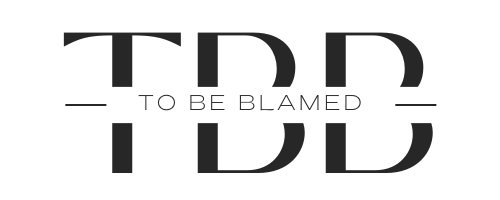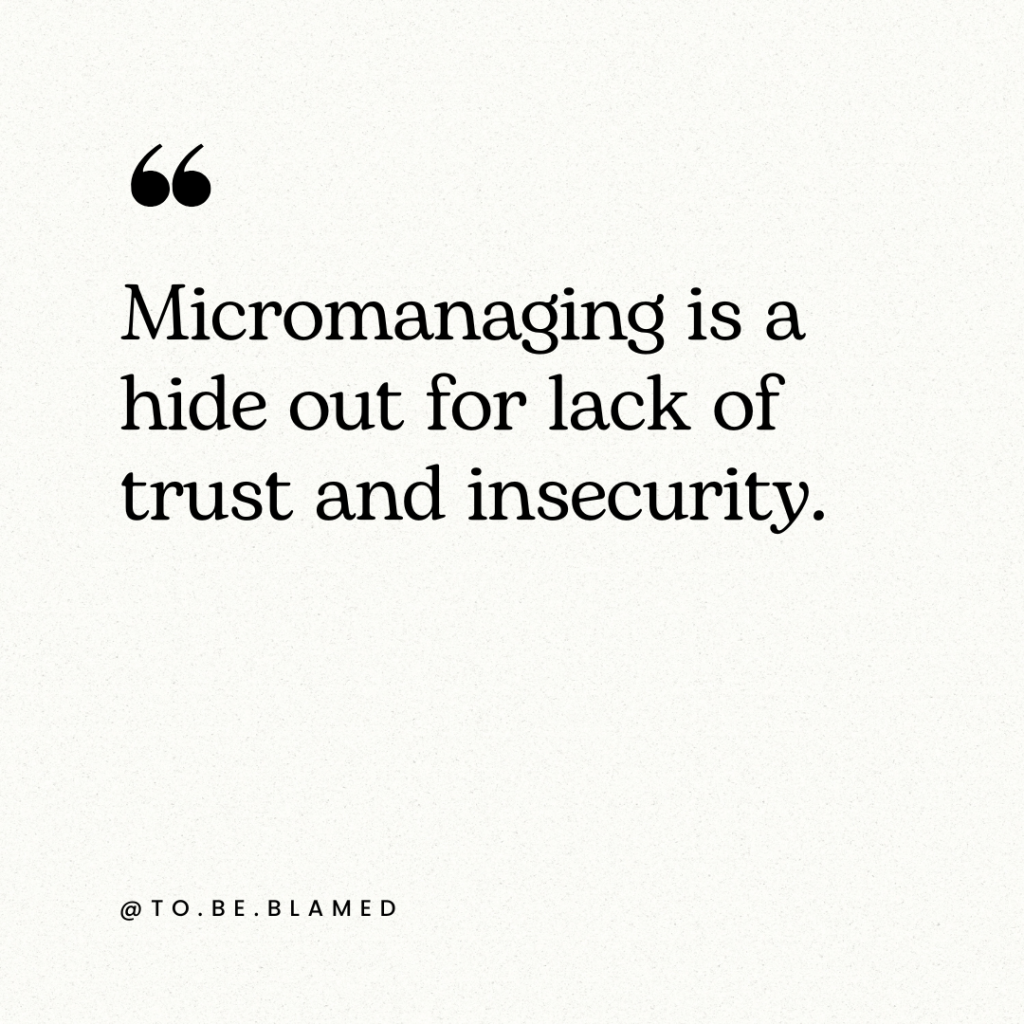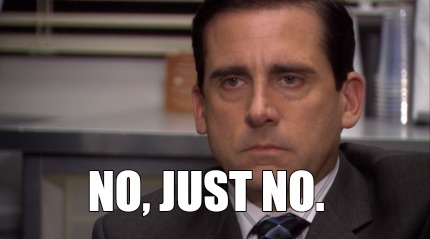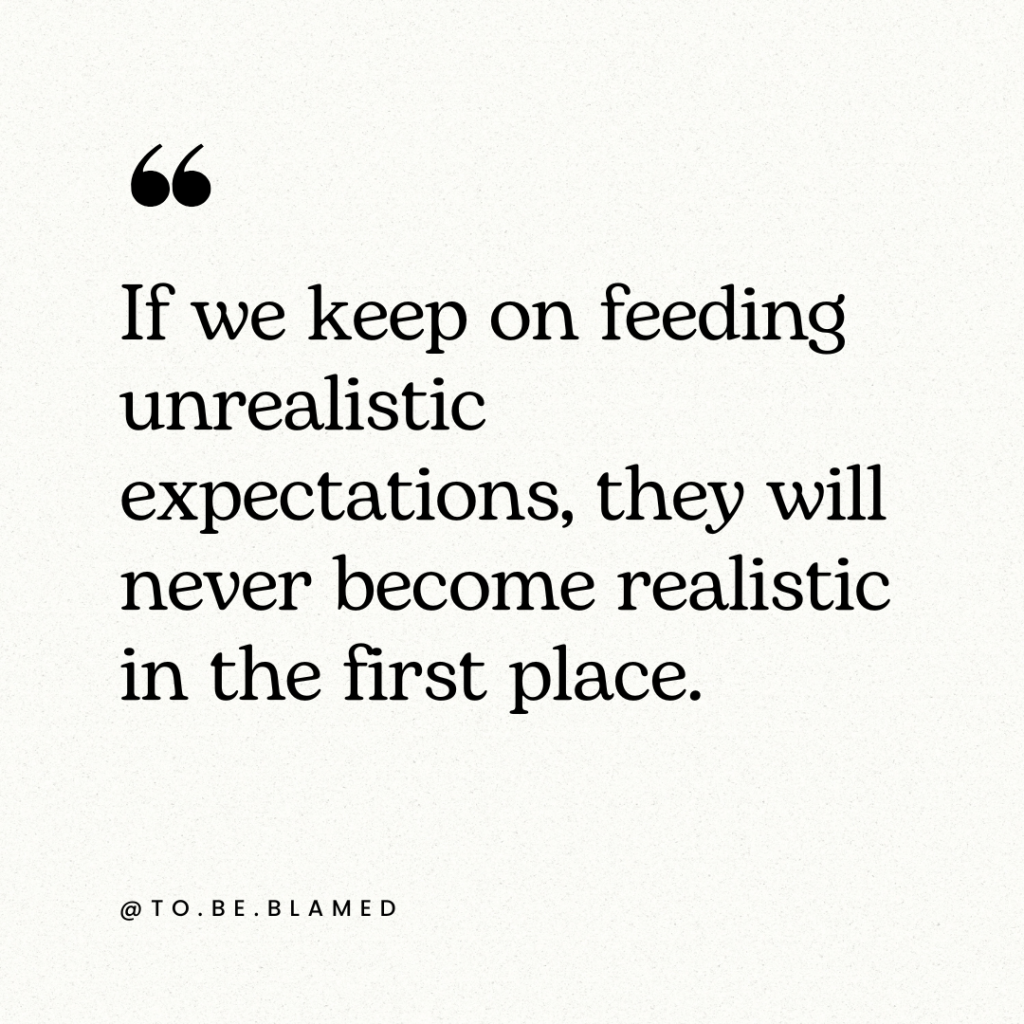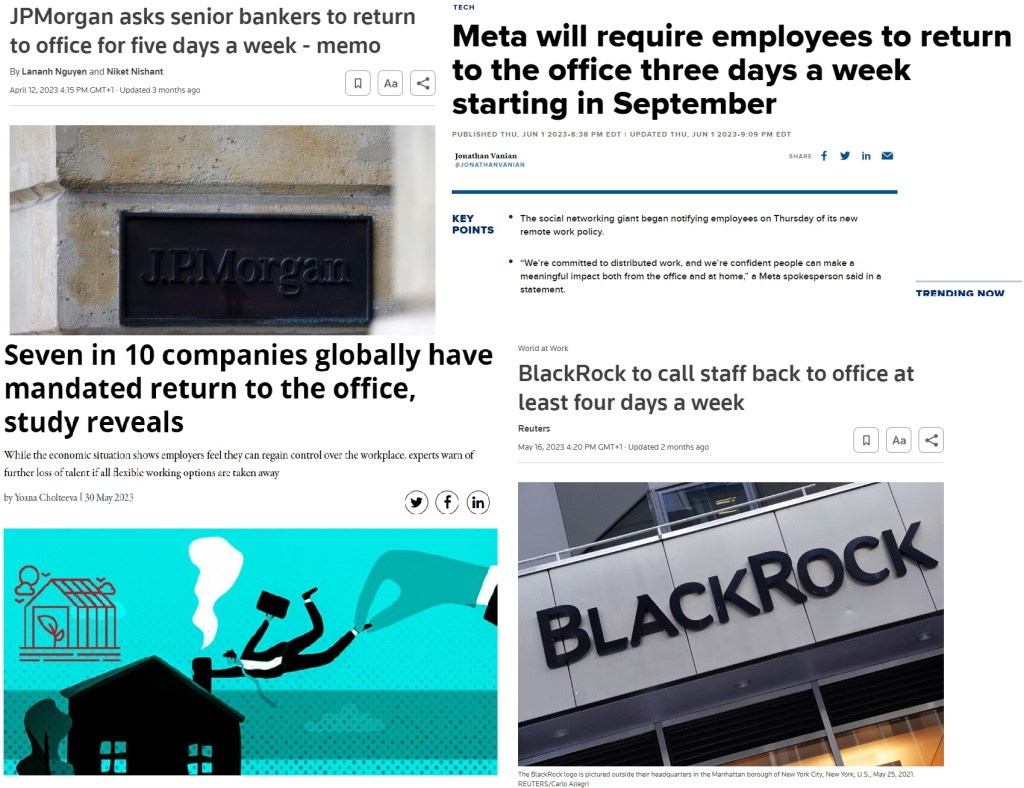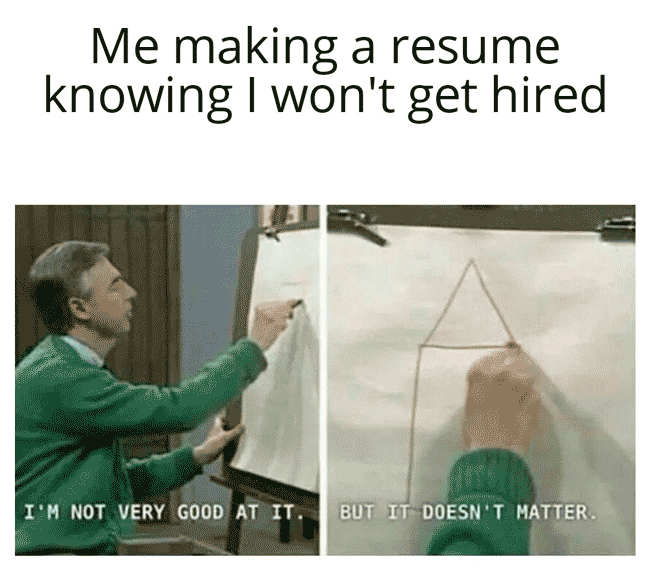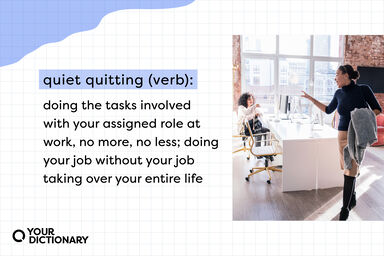Over the last few years talking about mental health has been more prominent, which was quite helped by having major celebrities opening up about it. For instance I recommend James Arthur’s documentary on BBC – Out of our minds (you need tv license for this). I found it really relevant as it’s from a male’s perspective and unfortunately there is an internalized stigma in relation to talking about any mental health issues. Men don’t cry, men do men up but it’s a narrative that it’s been pretty harmful over the years.
Like we have physical health, mental health is even more important because if the mind is not in the right state it can trigger a series of physical issues later on for many reasons:
- If your mind is not in the right place you will start having unhealthy behaviours, like struggling to sleep, not eating well, not exercising
- Any increased stress will trigger your fight or flight response, which if sustained for longer periods of time – say over the years – it will start to impact your organs (good article here)
- It will lower your immune system given the above and make you more prone to catch any viral / bacterial infections that might be going around
- If anything happens to you, you will be weaker to fight back and raise back up
So overall, it’s a pretty good deal! It is important and there should be absolutely no shame in talking about it. As Brene Brown says, dare to lead from a place of vulnerability.
What it means from a leadership perspective?
I’m sorry but it’s far more than a few random yoga days in the office and the odd newsletter here and there. Without empathy you will loose your employees, or in a different way, if they don’t bring their best self to work because they are overworked and exhausted, I doubt they will be able to drive ROI to your shareholders. As it seems that all that matters these days is the return for the shareholders, well here’s one that is worth keeping an eye on.
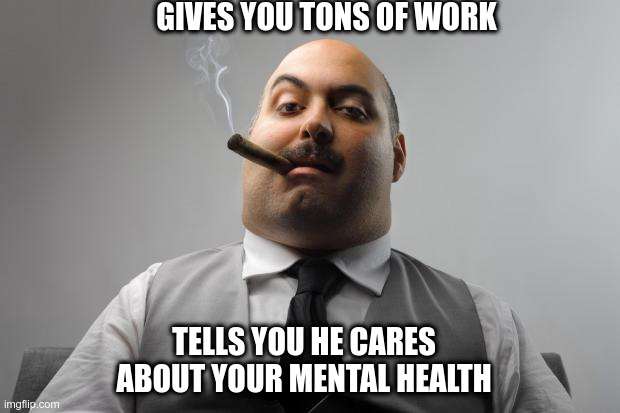
If word comes out, it would become a reputational risk, both your clients, investors and future talent would avoid working with you and instead they will find a similar company where they know mental health is engrained in the culture and not just something which is “promoted” just to tick a box. Depending on the industry there could even be a regulatory board that could investigate you and fine you for it.
And don’t get me started on the “pizza rewards”. No, pizza won’t cut it for compensating employees for working many weekends in a row and crazy hours. If you want to reward your team, protect them and do all you can to avoid having people overworked.
Like any relationship, if they feel their leadership has their back and they can be their best self, they will do amazing & innovative things which will help you be at the front edge of innovation.
And keep an eye on this, new generations are seeing the impacts of workism on their parents and they realize that’s not what they want, so to retain the future talent you need to survive in the age of AI, you really have to rethink how you treat your employees. They are an asset not a liability. It’s all in your hands to turn around that balance sheet.
What can you do as a leader or line manager?
Every single person who is responsible for someone in the organization has a role to play. Even colleagues play a role here. Be humble and dare to be vulnerable. Here’s an example, during covid times there was a point where both my personal circunstances and work led me too close to burnout. I just didn’t had the energy to carry on as I was. So what did I do? I called my line manager and explained the situation, I told him I just needed a few days to reset and be back stronger. My line manager didn’t even blink, he had my back and I knew it was genuine.
What did I do next? I didn’t just setup the usual OOO, I spoke with my team. On our team meeting I told them I would be away because I wasn’t feeling well mentally and I really needed some time off to reset and breathe. It was important to me that my team saw my example (as their line manager) talking about it and saying it’s ok, it happens to all of us. It doesn’t make me any week, just makes me human. I asked them to look out after each other, if they see anyone too stressed out, to have their backs. To date, they are still an amazing team that support each other and feel happy to be there.
So a moment of vulnerability became a moment of strenght and a moment I am extremely proud of. Can you imagine how powerful this could be if every single person was brave enough to be vulnerable and say I don’t feel great (no need to disclose the why, it’s up to you) so I’m going to take care of myself. Especially if it’s someone above you. Until you walk the walk all you say is a bunch of empty words. If you really want to make a difference – and we all have the power to do so – dare to be humble, to listen, to be vulnerable.
On the other side of the coin, I had someone coming to me very close to burnout (similar situation as mine, where it was a time of too much work and problems at home). I did sit down with the person and asked him to take all the time he needed, that I would find someone to do the critical items he was doing so that he could focus on himself (it’s up to you as a line manager to ensure you have a contigency plan to cover if anyone in the team is sick or needs to take unexpected time off). Being prepared to listen and offer a plan that would help him made a difference. I couldn’t use a coach stance here (if you want to learn more about the coaching stances check here) and let him figure it out, because the most important thing was to be sure he knew I had his back and at least he wouldn’t need to worry about work.
What you can do as an employee
The most important point is awareness. You need to be aware of the state in your mind and recognize the early signs that you need to change direction. Don’t ignore them as it will be easier to recover the earlier you start (like any physical illness too). There are some expected signs – for instance check here but each person is different, so you need to be able to recognize what your ones are.
Prevention – You won’t be able to prevent everything, life is unexpected so even for those who are mentally fit, there could be a big rock on the road that makes us all stumble. However, what is in your control take care of yourself.
- Establish and protect your boundaries – I wrote about it in the power of saying no.
- Exercise – exercise has the obvious physical benefits but it’s also amazing for the mind and a great form of self care. A lot of people have an allergic reaction to the word exercise because we would typically link it with hitting the gymn for hours. It doesn’t have to. Just find your groove and get moving. From a mental health perspective, going for a walk in your favourite part can be more beneficial that spending 1h in a close gymn. Go for a dance with a friend, or a swim in the ocean. Find what works for you and keep it going.
- Food – Again another form of self care that also impacts your physical health. You don’t need to be a trained chef to prepare food which is good for you. Eat the rainbow, add some seasonal veggies with protein and keep it going. I would say the best way to ensure you eat well is to take the time to plan in advance and do the shopping in line with that plan. The worst is really on a busy mid-week day having to think what to eat, however if you already took the time to think about it beforehand it should be a lot easier. There are many youtubes and recipe websites which you can reach out for inspiration. Doesn’t have to be exotic. Go to your local shop (or online) and buy fresh / frozen raw ingredients and get going.
- Rest – So underrated, but rest is key. Find opportunities to rest on a day to day perspective. Some might want a power nap (I’m not good at those), a 20m reading a nice book by the window to decompress. Whatever it is, block in your calendar a moment to let your mind rest.
- Sleep – A good night sleep is a superpower, it’s the best medicine you can give your body and mind. Protect your sleep as if it’s sacred because it really is! If your kids wake up at 05 in the morning, then go to bed as early as you can. Maxime your changes for sleep, even if that means the kitchen is a mess or there are things that weren’t done, but don’t compromise on your sleep. Also try to make it as consistent as you can (wake up and sleep time) as that helps your internal clock to regulate. Avoid heavy meals, alchoohol and sugar which will impact the quality of your sleep. You could read Why we sleep by Matthew Walker for some inspiration.
- Talk about it – Finally, reach out to a close friend, your family, a work bestie or even a charity – like https://www.mind.org.uk/ . Don’t think you have to face it alone, so many others are struggling to. It’s ok not to feel ok, it’s ok and encouraged to reach out for help. Who knows, once you get back up in your feet you might be in a position to help others going through the same as you just did. The more people talk about it, the less lonely others will feel and that in itself is a great step towards better mental health.
Any other ideas you would like to share? Feel free to reach out 🙂
